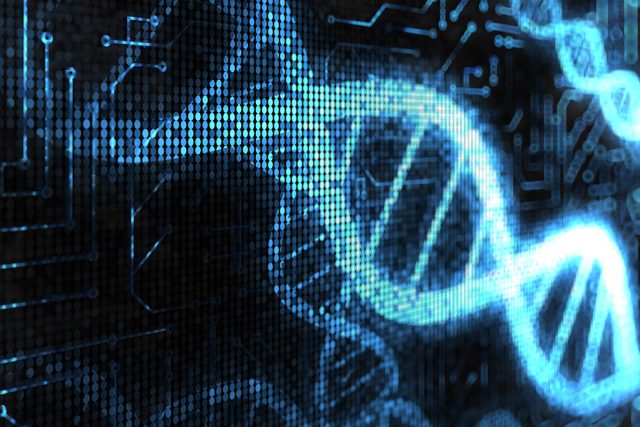MI weekly selection #222

DNA-based computer could solve problems faster
A theoretical DNA-based computer called a nondeterministic universal Turing machine could work out difficult problems faster than both conventional and quantum computers. The machine works by endlessly rearranging DNA via gene editing.
Temperature of Earth’s mantle recalculated
Earth’s mantle is much hotter than researchers thought, coming in at 1,410 degrees Celsius. “Having such a hot mantle could mean that the mantle is less viscous, which could explain how tectonic plates are able to move on top of the asthenosphere,” said study leader Emily Sarafian.
Effects of early Amazon civilizations still seen in domesticated plants
The effects of pre-Columbian civilizations can still be felt in the Amazon through the plants they cultivated, which still dominate the vast forest. Researchers found that diverse domesticated species of plants still thrive around archaeological sites.
Genetic mutations altered last woolly mammoths’ coats, sense of smell
The last of the woolly mammoths had gene mutations that affected their coats and their sense of smell, among other changes. This is the conclusion after the genomes of woolly mammoths that lived about 45,000 years ago were compared with those of the last of the mammoths that lived on an Arctic Ocean island about 4,300 years ago.
Partial skulls point to interconnection of early human populations
Two partial skulls found in China dating back between 105,000 and 125,000 years ago have some traits of modern humans, some of extinct humans and some of Neanderthals, suggesting these groups were more connected than previously thought.